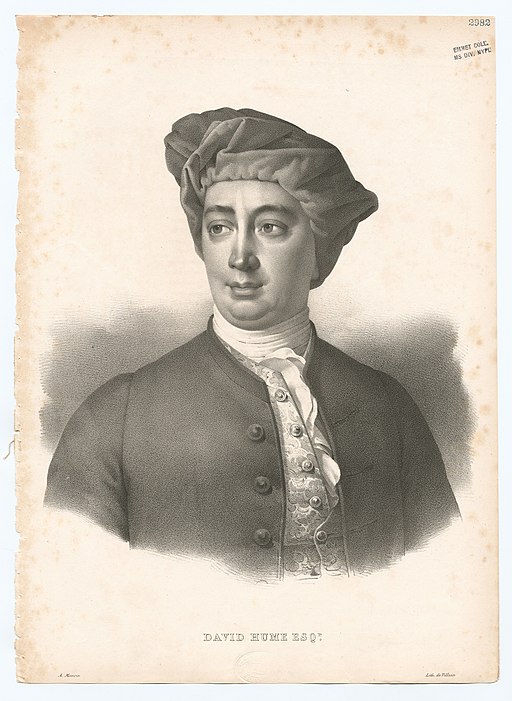Liberty Matters
Can we test it?

In Western countries, we observe support for ideas not only of economic growth but also an increasing support for ideas of de-growth. We have both support for increasing luxury consumption as well as condemnations of the so-called excesses of the top 1% of income earners. We praise the connectivity of social media, but we also blame social media for psychological problems, which may even lead to suicide, especially of vulnerable young people. We call for liberty but at the same time the call for increasing government presence in many aspects of our life, including our freedom of speech. We can go on, but I think that these are enough of the possible examples of contrasting patterns that, in a broad sense, may be explained through the analysis of either David Hume or Jean-Jacques Rousseau, as illustrated by the four essays.
But from the four essays (including mine) we can also see two emerging patterns, which may offer an explanation for the persistent contrasting views: eurocentrism (or western-centrism) and a lack of testable hypothesis. By saying this, I am not suggesting that Hume and Rousseau should have done something different, nor that I have a better approach to the problem. I am simply identifying some aspects of their analysis that may be of interest.
So, let us ask: Would an Inuit today identify and agree more with Hume's concept of liberty or with Rousseau? A Yanomami? What about a pre-Columbian Inca? Or what about a Japanese samurai? I fear the question is more serious than it seems like because both Hume and Rousseau seem to imply a power of generalization in their analysis, a power of universality based on an assumption of a more or less universal human nature. Yet, not only their conclusions, but also their starting assumptions about that human nature are different. So, who is right? I fear the answer may depend on to whom one asks, which in part may explain the contrasting views we still see today.I also fear that at the root of this problem is the lack of testable hypotheses that both Hume and Rousseau present us with. What criteria should one use to see which understanding of liberty is the more generalizable, if not the most universal one? Even a weaker form of question: under what circumstances would Hume’s liberty prevail and under what circumstances would Rousseau’s liberty prevail? These remain unanswered in their works. Can we answer that question?
Copyright and Fair Use Statement
“Liberty Matters” is the copyright of Liberty Fund, Inc. This material is put on line to further the educational goals of Liberty Fund, Inc. These essays and responses may be quoted and otherwise used under “fair use” provisions for educational and academic purposes. To reprint these essays in course booklets requires the prior permission of Liberty Fund, Inc. Please contact oll@libertyfund.org if you have any questions.